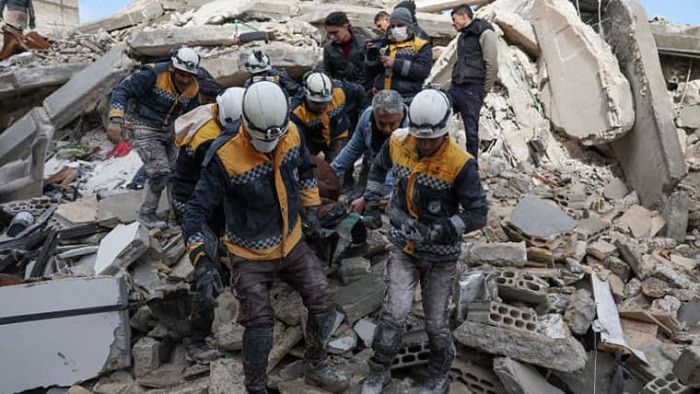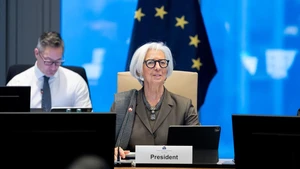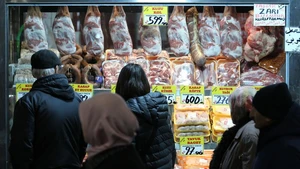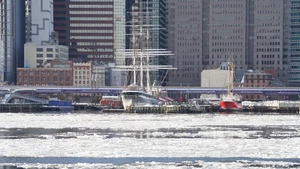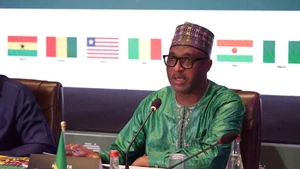With chances of finding more survivors growing more remote, the toll in both countries from Monday's earthquake and major aftershocks rose above 28,000 and looked set to keep growing. It was the deadliest quake in Turkey since 1939.
Displaced residents in the Turkish city of Kahramanmaras, near the epicentre, said they had set up tents as close as they could to their damaged or destroyed homes in an effort to prevent them from being looted.
Facing questions over his response to the earthquake as he prepares for a national election that is expected to be the toughest of his two decades in power, President Tayyip Erdogan promised to start rebuilding within weeks.
In Syria, the disaster hit hardest in the rebel-held northwest, leaving many homeless for a second time after they were displaced by a decade-old civil war, though the region has received little aid compared to government-held areas.
"We have so far failed the people in north-west Syria," United Nations aid chief Martin Griffiths tweeted from the Turkey-Syria border, where only a single border crossing is open for U.N. aid supplies. "They rightly feel abandoned," Griffiths said, adding that he was focused on addressing that swiftly.
In Turkey's southeastern province of Hatay, a Romanian rescue team carried a 35-year-old man named Mustafa down a pile of debris from a building, broadcaster CNN Turk said, about 149 hours after he was buried by the quake.
"His health is good, he was talking," said one of the rescuers. "He was saying, 'Get me out of here quickly, I've got claustrophobia'."
The quake ranks as the world's seventh deadliest natural disaster this century, its toll approaching the 31,000 from a quake in neighbouring Iran in 2003.
It has killed 24,617 inside Turkey, and more than 3,500 in Syria, where tolls have not been updated since Friday.
Turkey said about 80,000 people were in hospital, with more than 1 million in temporary shelters.
